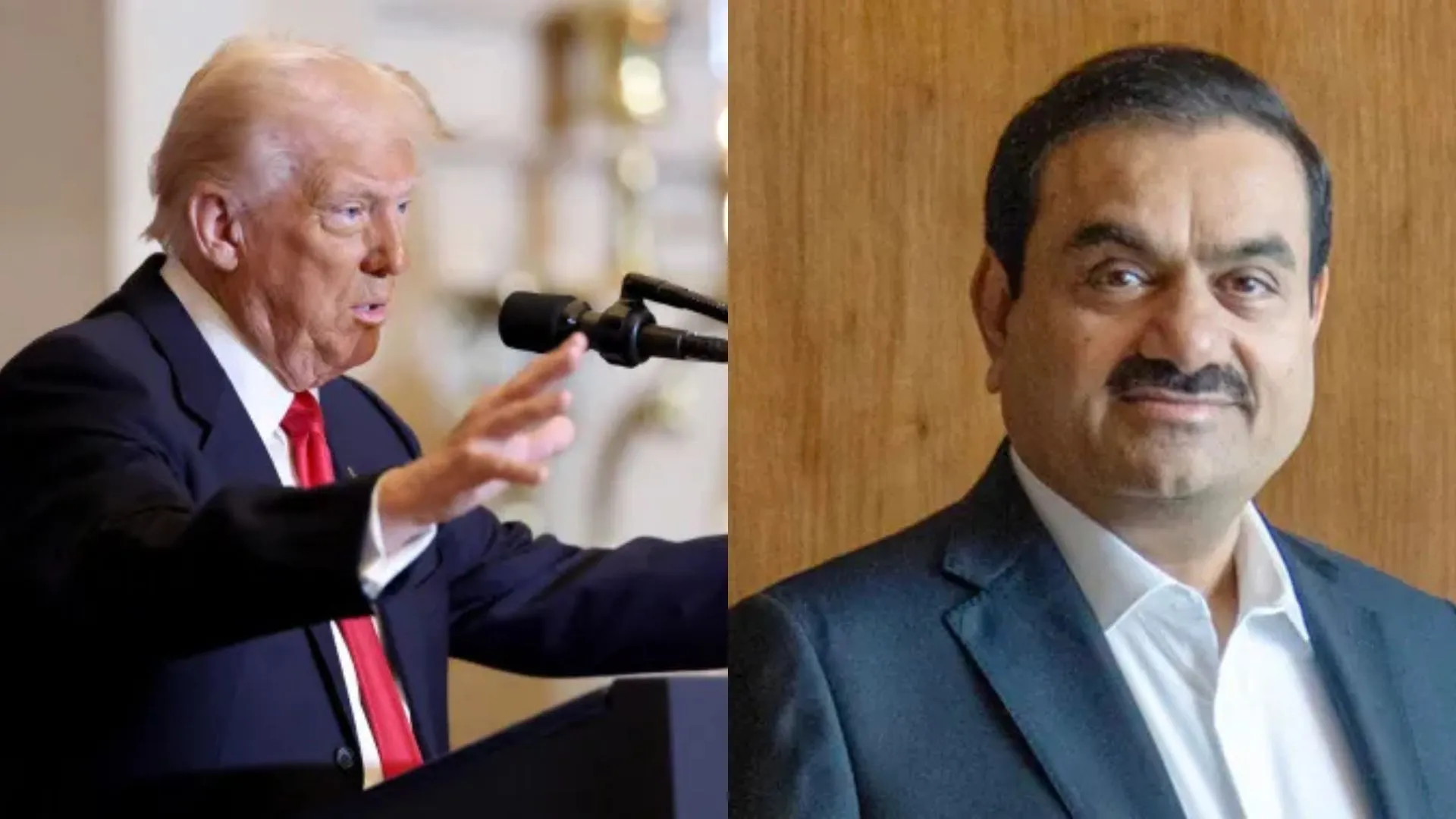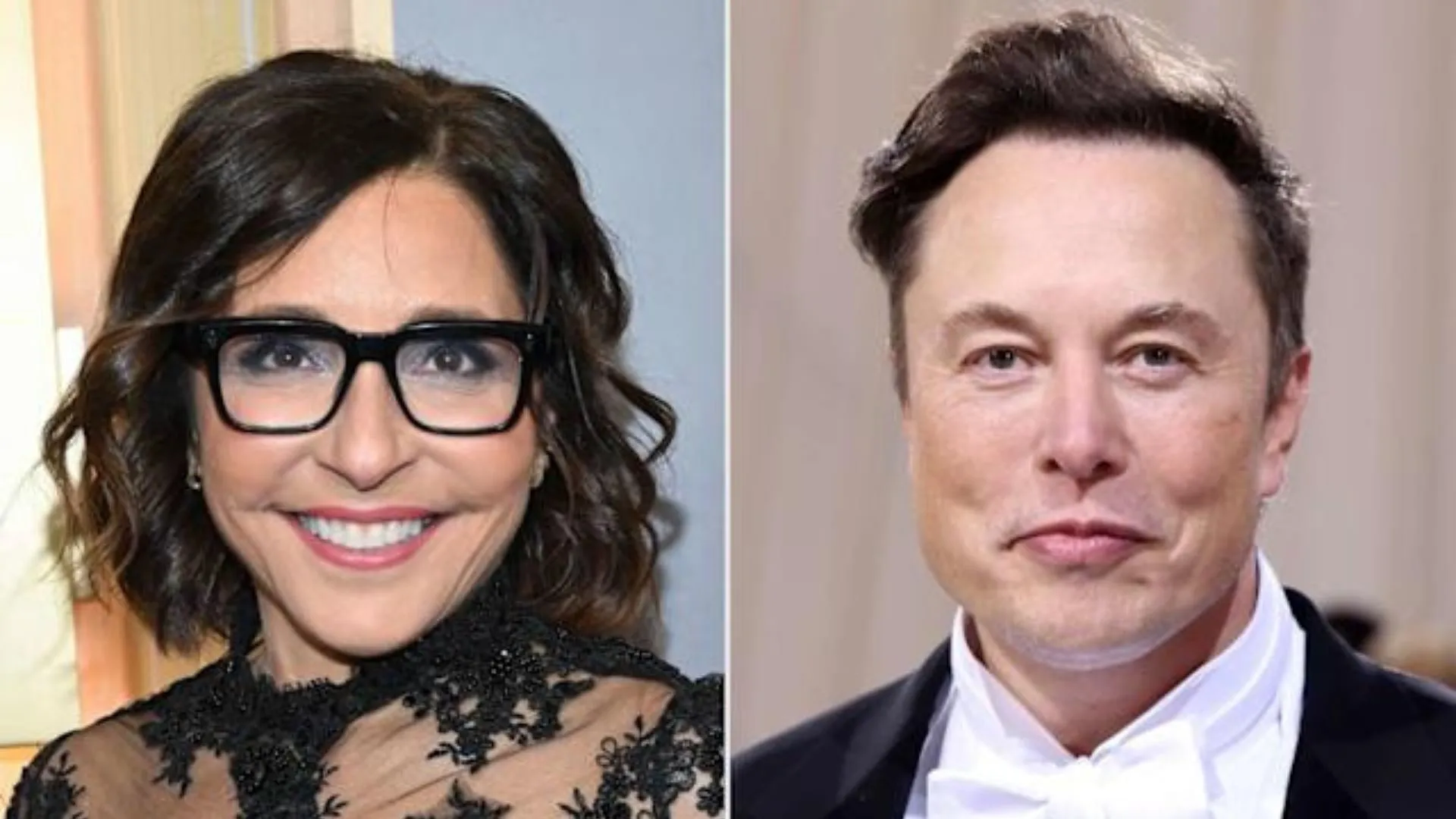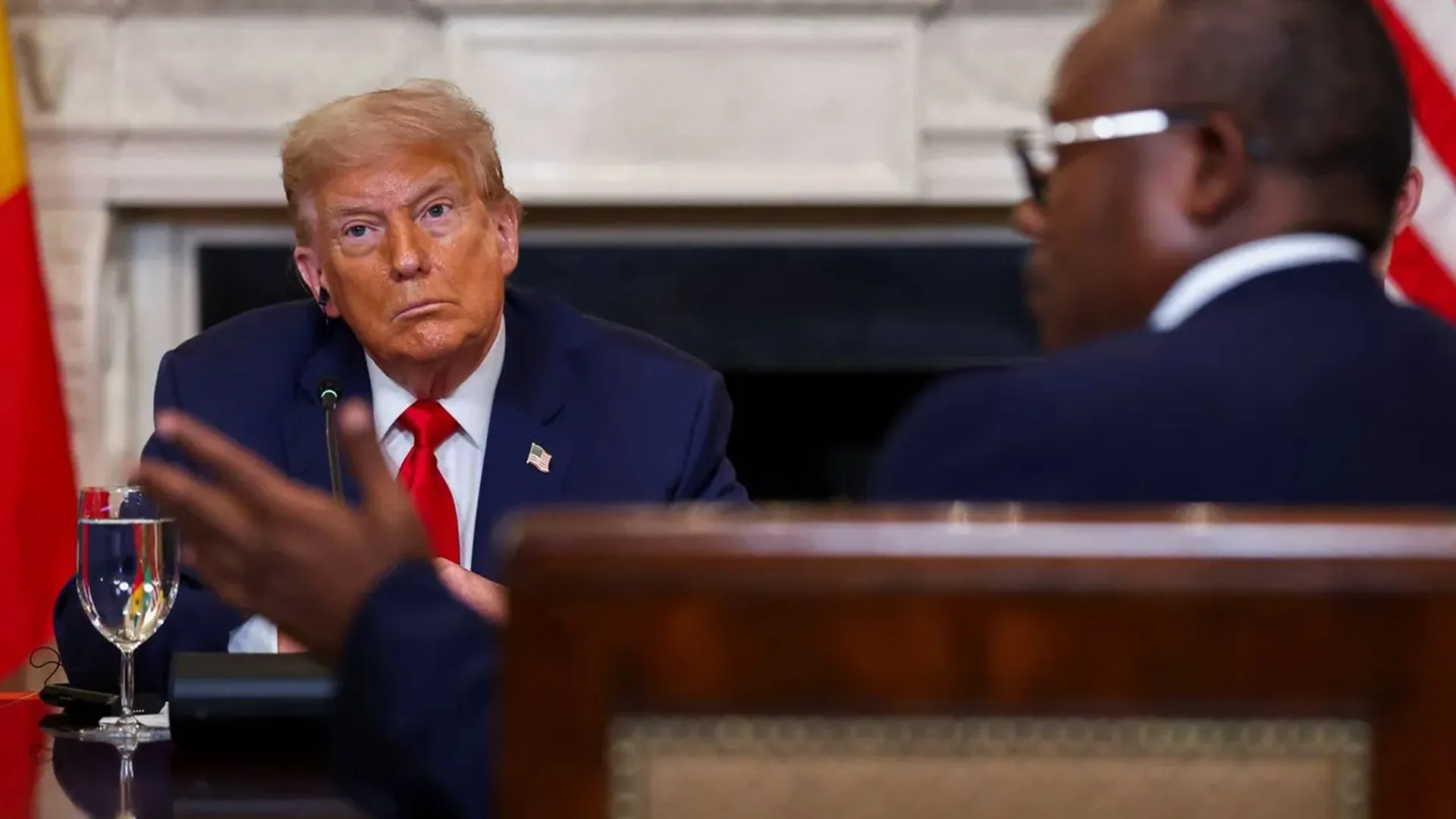On Monday, US President Donald Trump signed an executive order instructing the Department of Justice to halt prosecutions of Americans accused of bribing foreign government officials to secure or maintain business in their countries.
The order suspends enforcement of the nearly 50-year-old Foreign Corrupt Practices Act (FCPA) and directs Attorney General Pam Bondi to review past and current cases related to the law, as well as develop new enforcement guidelines.
The decision comes just ahead of Indian Prime Minister Narendra Modi’s visit to the US on Wednesday, February 12. During his two-day trip, Modi is expected to hold bilateral talks with Trump.
Under the previous Joe Biden administration, the Department of Justice (DoJ) had indicted billionaire Gautam Adani on charges of “fraud” and allegedly orchestrating a bribery scheme. Trump’s executive order could have major implications for the Adani case, depending on how broadly it is enforced.
US investigations on halt?
The US Justice Department was reportedly investigating whether the Adani Group had violated the FCPA, a law that bans American entities from bribing foreign officials. With Trump’s decision to pause prosecutions under this law, any ongoing or potential investigations into Gautam Adani in the US could face delays or even lose momentum.
Hindenburg Research allegations
Hindenburg Research had alleged that the Adani Group engaged in stock manipulation and corporate fraud, while also hinting at potential corrupt dealings with foreign officials. If the US intended to investigate these claims under the FCPA, Donald Trump’s decision could put any legal action against Adani in the US on hold.
Will India step up?
With the US pulling back, the focus now shifts to Indian regulators like the Securities and Exchange Board of India (SEBI) and the Enforcement Directorate (ED). If these agencies decide against conducting a thorough investigation, Gautam Adani may avoid immediate legal challenges.
Global investors
Although Donald Trump’s decision may protect Adani from legal action in the US, it does not remove international scrutiny. Investors and regulatory bodies in the UK, EU, and other global markets may continue to closely examine the group’s business practices.
Charges on Gautam Adani
The US Department of Justice has indicted Gautam Adani, founder of the Adani Group, along with his nephew Sagar Adani and senior executives of Adani Green, over allegations of bribery and fraud. They are accused of offering or facilitating bribes amounting to $265 million to Indian state government officials in exchange for securing solar power contracts. At the same time, they allegedly raised funds in the US by asserting compliance with anti-bribery laws, an act that could constitute fraud under US federal securities law and carry potential criminal liability.
The case is based on claims that Adani Green bribed officials in Odisha and Andhra Pradesh, as well as potentially in Tamil Nadu, Chhattisgarh, and Jammu & Kashmir, to persuade power distribution companies (discoms) to purchase solar power at inflated rates. The alleged bribery took place between mid-2021 and the end of that year. At the time, the states were governed by Biju Janata Dal, YSR Congress, DMK, and Congress, while Jammu & Kashmir was under the direct control of the BJP-led central government.
The Adani Group has dismissed the allegations as baseless, asserting that it remains fully compliant with all applicable laws.
FCPA
The Foreign Corrupt Practices Act (FCPA) is a US law that bars American companies, individuals, and foreign firms listed in the US from bribing foreign officials to gain business advantages. It also requires companies to maintain accurate financial records to prevent fraud. Over the years, the FCPA has been the basis for numerous high-profile corporate investigations globally.
Donald Trump’s opinion
Donald Trump has directed Attorney General Pam Bondi to halt enforcement actions under the FCPA until she establishes new guidelines, according to a fact sheet on the executive order.
“U.S. companies are harmed by FCPA overenforcement because they are prohibited from engaging in practices common among international competitors, creating an uneven playing field,” the fact sheet stated.
Speaking from the Oval Office on Monday afternoon, Trump criticized the law, saying, “It turns out that in practicality it’s a disaster. Nobody wants to do business with the Americans.”
However, the decision has drawn strong opposition. Richard Nephew, a senior research scholar at Columbia University and former anti-corruption coordinator at the State Department, voiced his concerns on X, stating, “This is a horrible idea that US companies DO NOT WANT.”
“Sure, you may find one or two, but most appreciate the fact that FCPA allows them to be firm in refusing bribes because most private sector companies — sensibly — see bribery as an unproductive cost,” he added.






















